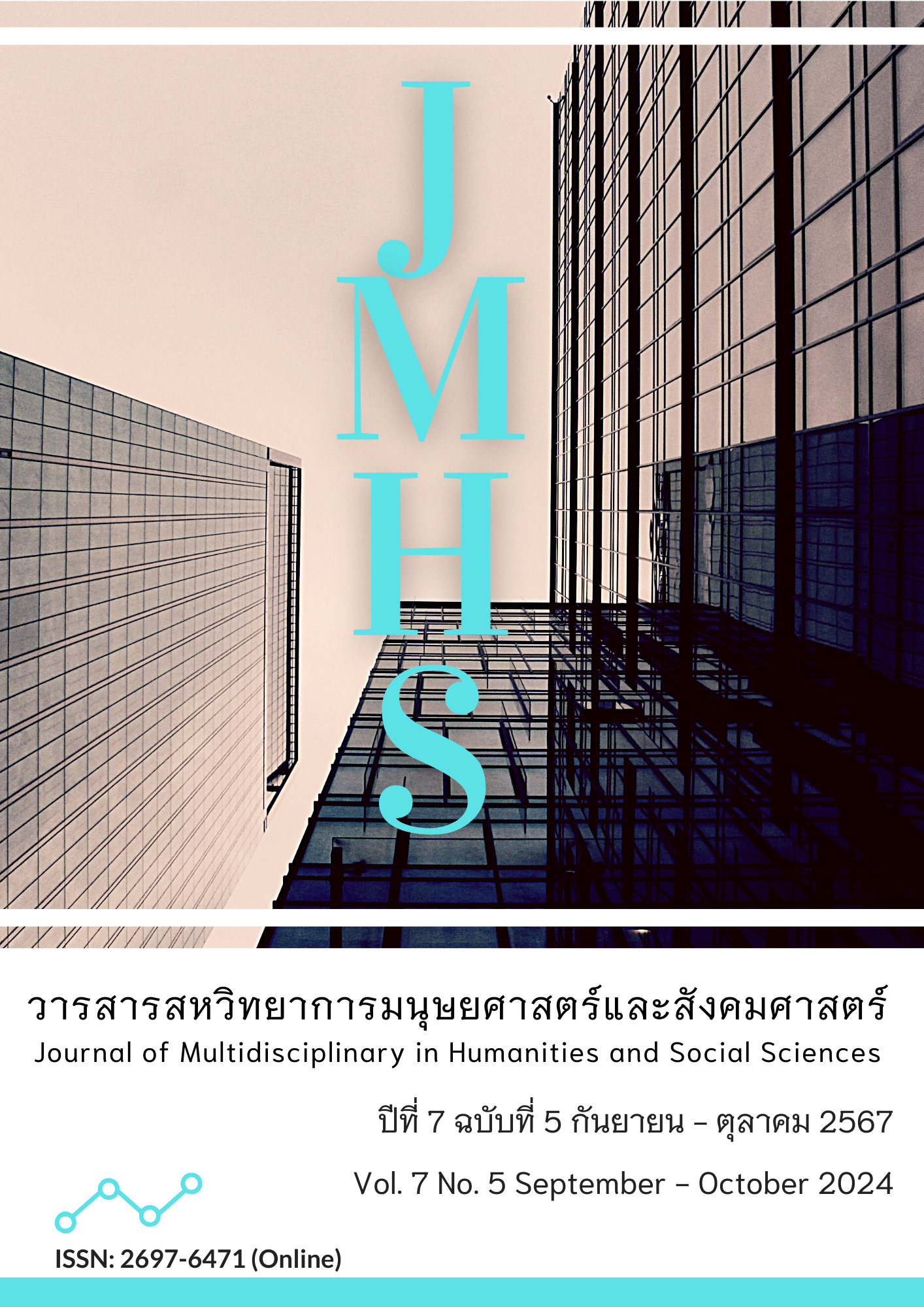Humanism Philosophy and Narrative Style in the Films of Michael Haneke
Main Article Content
บทคัดย่อ
Michael Haneke, an Austrian director and screenwriter, is celebrated for his intricate examination of social issues and the human psyche through film. With a career that took off at the age of 47, Haneke has become known for his dark, minimalist approach to storytelling, focusing on themes ranging from societal alienation to personal despair. His work, deeply embedded in European societal observations, seeks to confront audiences with the realities of modern life, inviting introspection on the part of the viewer. This paper aims to delve into the philosophical underpinnings and narrative techniques that characterize Haneke’s films, contributing to a greater understanding of his contributions to cinema and philosophy. Employing qualitative research methods, this study focuses on exploring humanism philosophy in Haneke’s films and analyzing his distinctive narrative style. By examining four of Haneke’s later works: “The Piano Teacher”; “Caché”; “The White Ribbon” and “Amour”. The research aims to uncover the philosophical inquiries and narrative strategies that underlie these films. The findings reveal a profound engagement with humanism philosophy, highlighting themes of dignity, freedom, and ethical conduct, alongside a narrative style marked by non-linear structures, meticulous pacing, and open-ended conclusions. Haneke’s work challenges conventional storytelling and compels the audience to engage deeply with complex societal and personal issues, establishing him as a cinematic auteur with a unique voice in contemporary filmmaking.
Article Details

อนุญาตภายใต้เงื่อนไข Creative Commons Attribution-NonCommercial-NoDerivatives 4.0 International License.
ทัศนะและความคิดเห็นที่ปรากฏในวารสาร ถือเป็นความรับผิดชอบของผู้เขียนบทความนั้น และไม่ถือเป็นทัศนะและความรับผิดชอบของกองบรรณาธิการ
เอกสารอ้างอิง
Herling, B. L. (2021). Haneke avec Foucault: The White Ribbon, religion, and violence. Journal of Religion & Film, 25(2), Article 5.
Li, G. (2012). Study on Michael Haneke’s films addresses the modernism and existentialism philosophy in Haneke’s film(Master’s thesis). Nanjing Normal University.
Li, N. (2018). A life of alienation — Michael Haneke’s film aesthetics research(Master’s thesis). Hainan University.
Liu, Y. (2019). Convey another kind of reality — Director Haneke’s film artistic reconstruction of the novel "The Piano Teacher". Movie Literature, 725, 50-52.
Lyu, Y. (2020). Dilemma, struggle, landscape — Post-modernity of Haneke’s film imagery(Master’s thesis). Fujian Normal University.
Xie, S.-w. (2017). The research on the art of Michael Haneke(Master’s thesis). Shanxi University.
Xie, Y. (2017). The sin that be shadowed and highlighted — Michael Haneke’s film studies(Master’s thesis). Wuhan University.
Yang, J. (2020). Healing through vulnerability: Transformative openness in Michael Haneke’s The Piano Teacher(Master’s thesis).
National Taiwan Normal University.
Yu, G.-y. (2014). Interpretation of artistic style in “Love” by Michael Haneke. Journal of Jingdezhen College, 29(4), 71-73.


